What is a Certified Diver?
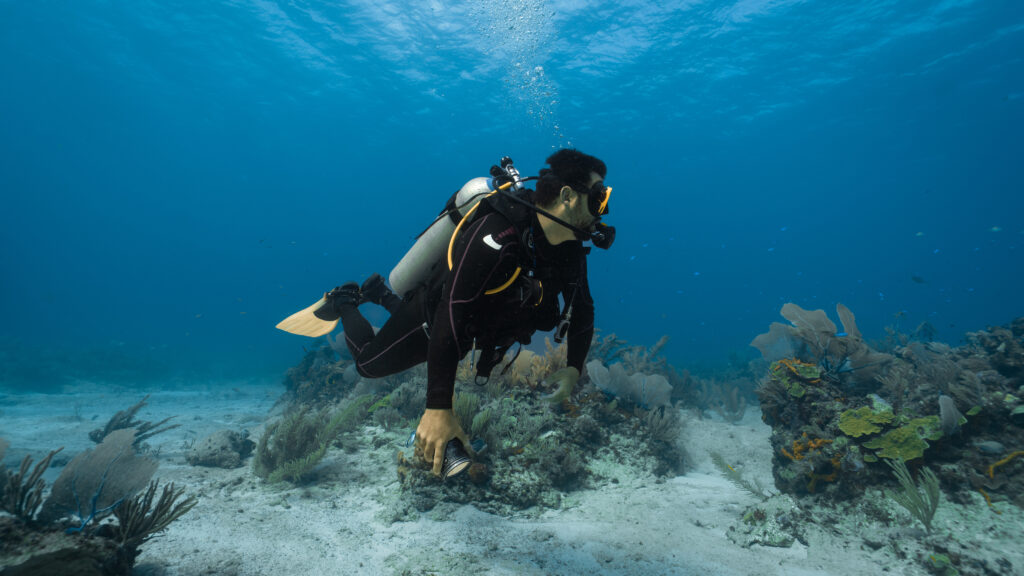
A certified diver is an individual who has successfully completed scuba diving lessons through a recognized training organization and is qualified to dive independently or with a buddy without the direct supervision of an instructor.
What is Cavern Diving?

Cavern diving is a distinct form of scuba diving that involves exploring natural underwater caverns, allowing divers to experience the beauty and mystery of submerged cave systems. Unlike cave diving, where divers venture deep into the labyrinthine recesses of underwater cave networks, cavern diving stays within the sunlit zone, offering a safer and more controlled environment. Cavern divers do not stray far from the surface, ensuring they remain within a short distance of an emergency exit point. This sport attracts those fascinated by unique underwater formations, offering an adventurous alternative to traditional open-water diving.
What is a cavern in the context of diving?

A cavern, in the context of diving, refers to a semi-enclosed underwater area where natural light is still visible and the entrance remains within view. These formations often occur in rock, creating unique and accessible underwater environments for divers. Cavern diving involves the exploration of these partially enclosed spaces, distinct from full cave diving, where the entrance may no longer be visible and natural light does not penetrate. Cavern divers can enjoy the sensation of venturing into more confined underwater environments while still maintaining the safety net of knowing they can see their way out and rely on natural lighting to guide their orientation. This article will explore the history of cavern diving, its unique geological features, required training and equipment, and the essential guidelines for ensuring safety and responsible diving practices.
What is a Z-knife?
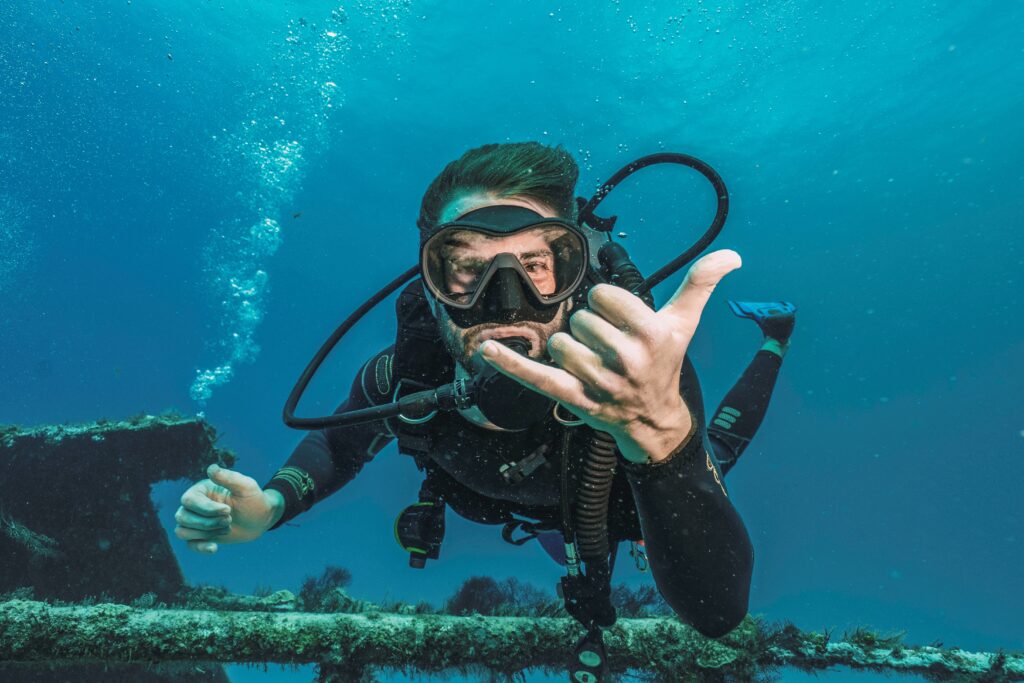
What is a Z-knife? A Z-knife, a critical tool in every scuba diver’s gear kit, is specifically designed to efficiently cut lines and nets in underwater environments. The compact, easy-to-use tool has a replaceable blade encased in a slot, ensuring both safety and durability. This entry will delve into the history, construction, usage, and maintenance […]
What is a Hyperbaric Chamber?
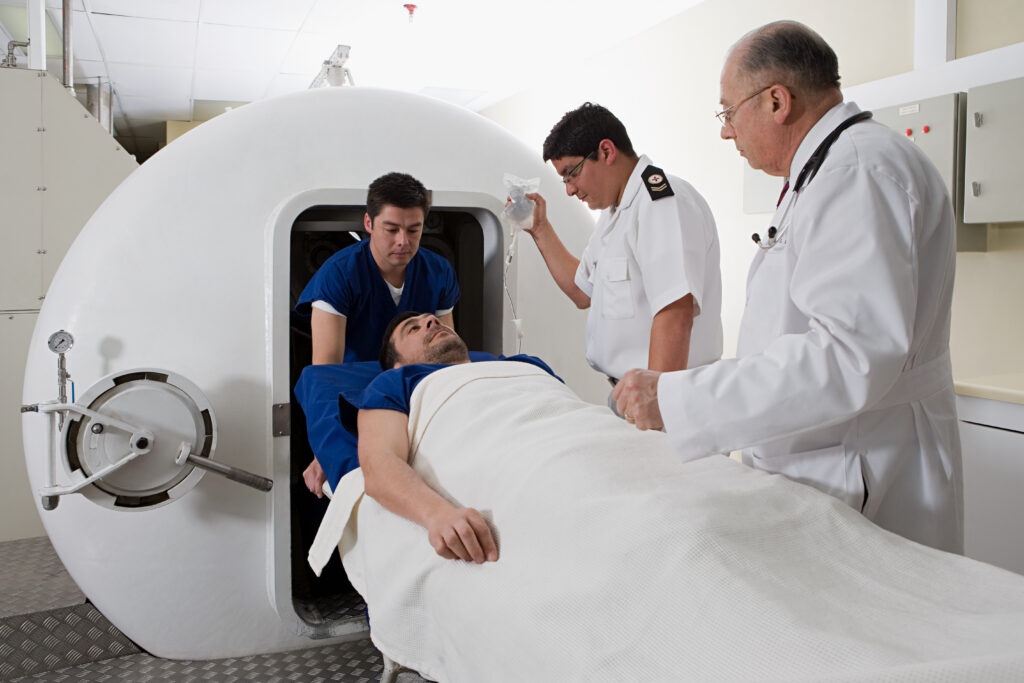
What is a Hyperbaric Chamber? A hyperbaric chamber, also known as a decompression chamber, is an air-tight, pressure-controlled enclosure designed to simulate varying ambient pressures, either at altitude or at depth, for a range of medical, scientific, and diving-related applications. Hyperbaric chambers can be mobile or stationary and are operated by trained technicians. They consist […]
What is a Air Compressor?

What is a Air Compressor? Diving beneath the ocean’s surface and exploring its hidden marvels is an exhilarating experience, the wonderment of which is enabled by the technologically advanced gear that divers wear. Among the critical components that ensure the safety and capability of these aquatic explorers is the air compressor—a fascinating piece of equipment […]
What is Decompression Sickness (DCS)?

What is Decompression Sickness (DCS)? Decompression sickness, commonly referred to as DCS or “the bends,” is a medical condition that occurs in scuba divers when they ascend too rapidly or fail to follow proper decompression procedures during their dive. The condition results from dissolved nitrogen gas leaving the body tissues and forming bubbles when the […]
What is a Scuba Diver?
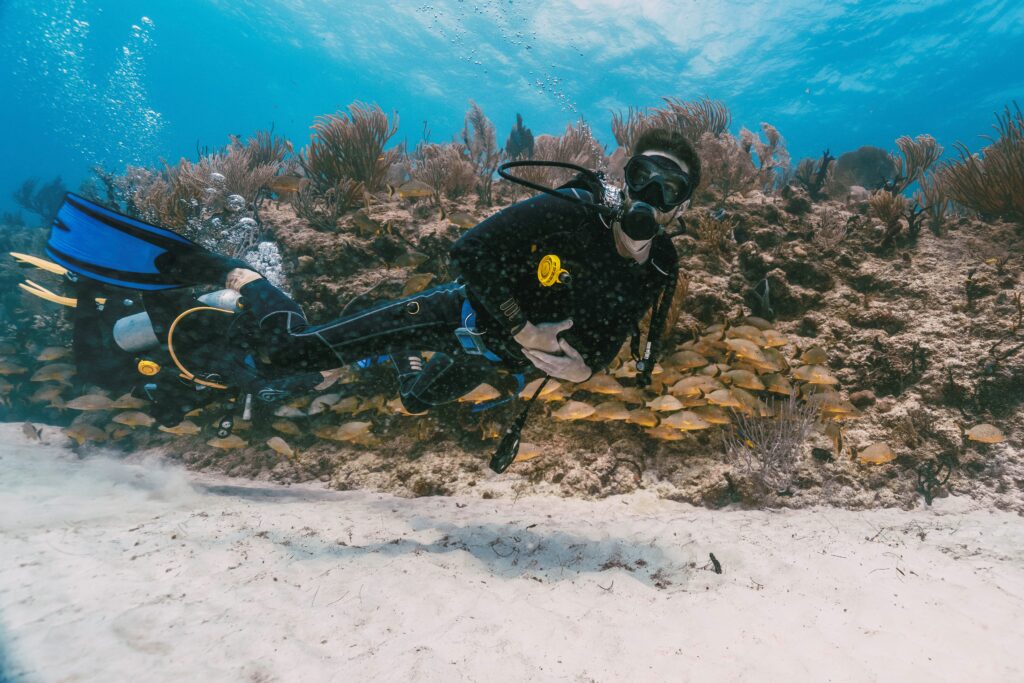
What is a Scuba Diver? A scuba diver is a person who engages in the recreational or professional activity of swimming underwater using SCUBA equipment. The term “scuba” is an acronym for “self-contained underwater breathing apparatus,” which allows scuba divers to breathe comfortably beneath the water’s surface while exploring the aquatic world at their leisure. […]
What is Scuba Diving?

Scuba diving is a recreational and professional activity where individuals explore underwater environments using self-contained underwater breathing apparatus (SCUBA) equipment. This equipment allows divers to stay underwater for extended periods, enabling them to experience marine life, shipwrecks, caves, and other submerged wonders. The ability to explore these otherwise inaccessible areas has made scuba diving a popular pursuit for adventure enthusiasts, marine biologists, and professional divers alike. Since its modern development in the 20th century, scuba diving has attracted millions of people globally, offering a unique blend of excitement, discovery, and tranquility beneath the waves.
What is Exposure Protection when Scuba Diving, Freediving, or Snorkeling?
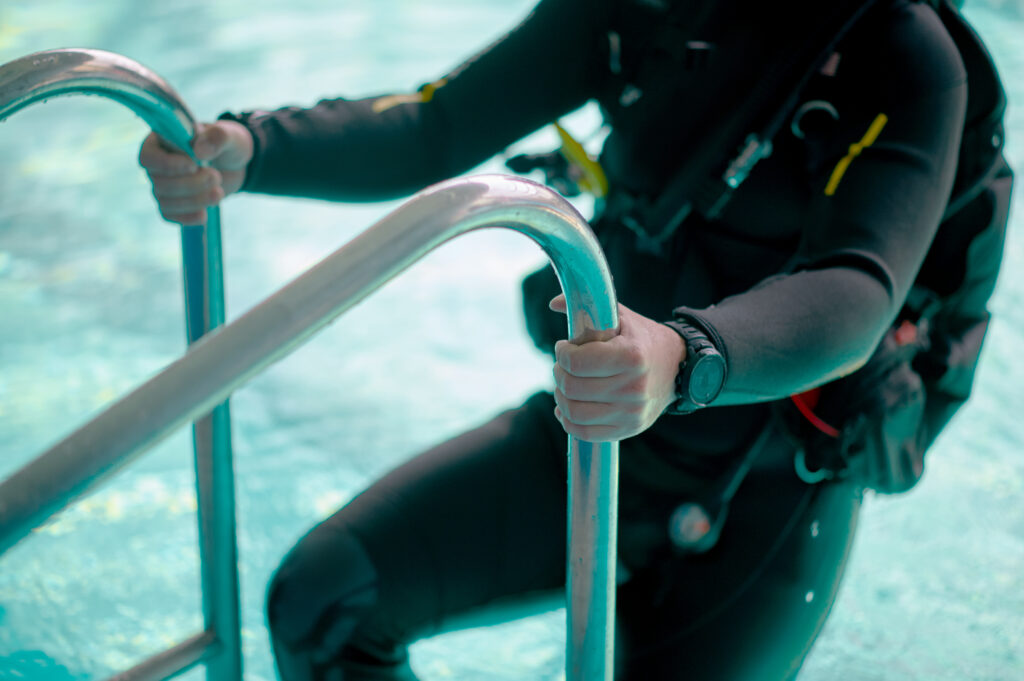
Exposure protection involves the use of specialized clothing or costumes designed to shield the diver from various elements, including cold water temperatures, abrasions, and harmful marine life.
